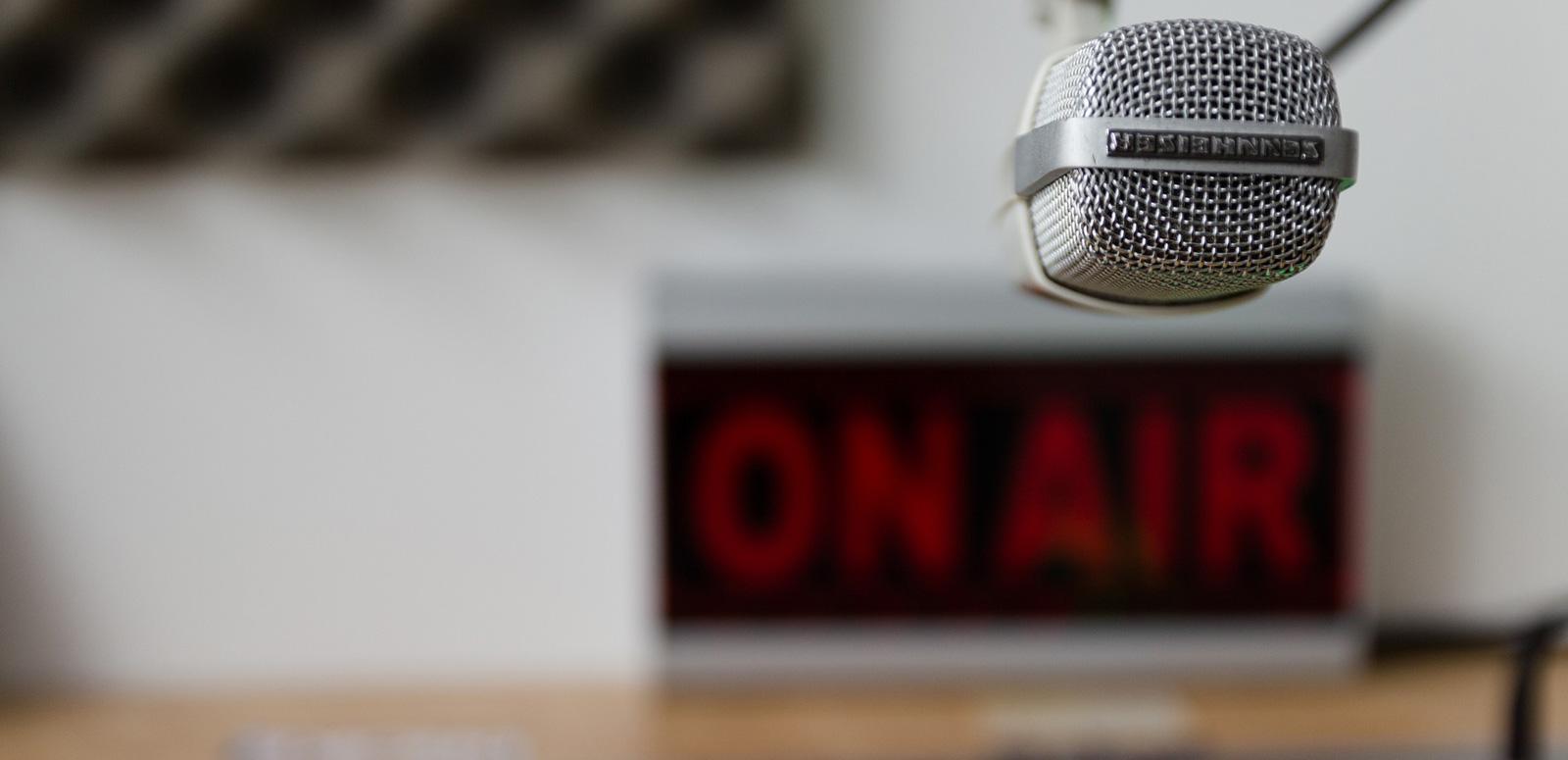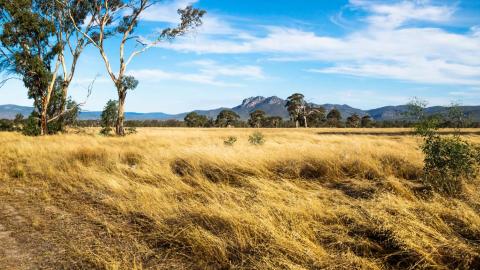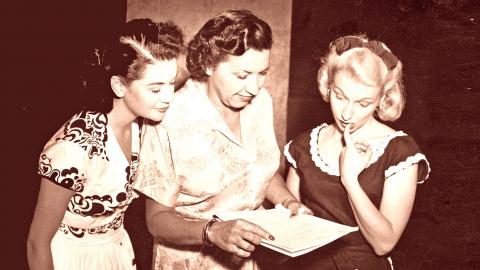

World Radio Day 2021
UNESCO World Radio Day 10th anniversary
UNESCO is marking the 10th anniversary of World Radio Day under the banner ‘New World, New Radio’.
This edition of World Radio Day recognises radio’s place in world history as an enduring medium, capable of meeting the challenges and demands of an ever-changing world through evolution, innovation and connection. The NFSA is joining the World Radio Day celebration by exploring those three themes within our collection.
Evolution
For 110 years, radio has been a constant in the lives of people everywhere. And in Australia, we can see how radio has kept pace in a rapidly changing world. From early soap operas that could hold an audience captive, to talent shows, comedy, news, music and talkback – radio has evolved to meet the needs, demands and appetites of its listeners.
Radio educates, informs and entertains, but it also offers a record of world history. Wartime declarations, Olympic Games ceremonies, messages from monarchs and major historical events were delivered over the airwaves, recorded and preserved for future generations. An example is this historic speech from Prime Minister Robert Menzies in 1939:
Declaration of War by Prime Minister RG Menzies, 3 September 1939. NFSA: 188388
Innovation
Over the past century, as older technologies advanced and new ones emerged, radio adapted to stay relevant and accessible.
After television arrived in Australia in the 1950s, radio had to find new ways to engage audiences. This evolution in technology eventually saw the introduction of formats such as talkback radio and ‘Top 40’-style music programs. In this interview, broadcaster and historian Tim Bowden addressed the effects that television had on the radio industry.
Radio as a physical device has also undergone many changes over the century. No longer the hefty wooden box that was a permanent fixture of Australian living rooms well into the 1960s, radio became portable for audiences on the go. For decades we’ve been able to tune in to our favourite programs in the car, and now we have devices that fit in our back pocket.
We stream through our smartphones, tablets and computers from anywhere in the world, and increasingly now we catch up on programs we’ve missed through podcasting.
The following clip from Joy 94.6 FM’s 2018 Sydney Gay and Lesbian Mardi Gras parade commentary is a perfect example of a live radio event that was later edited and published in a podcast format:
Excerpt from podcast version of Joy 94.9's commentary of the 2018 Sydney Gay and Lesbian Mardi Gras. NFSA title: 1533182. Thanks largely to the skill and talent of the presenters, and the tight editing of the production, the podcast expertly conveys the excitement, colour and vibrancy that people experienced on the night.
Connection
Over the decades, radio has become a vital medium in terms of relaying public service announcements and crucial information about crises, natural disasters, public health and more. Never has this been more evident in Australia than throughout 2020.
As parts of Australia were ravaged by bushfires in January, radio was fundamental in spreading safety information, including road openings and closures, updates from authorities, information regarding shelters, evacuations and other critical warnings. Broadcasters also provided an outlet for eyewitnesses to share their stories, like this local from the Victorian town of Mallacoota.
These devastating bushfires were followed by hailstorms and floods in some areas of the country before the COVID-19 global pandemic gripped the world. Once again, radio was pivotal in releasing health information about COVID-19 and its symptoms, testing, quarantine and restrictions.
Broadcasters closely followed press conferences and releases from their respective state premiers, helped their listeners to understand the rules and regulations and tried to ease anxiety and panic. Here is Peter Stubbs with Heidi Murphy on 3AW explaining the new restrictions as Victoria went into Stage 4 lockdown in August 2020:
Victoria in Stage 4 lockdown. Excerpt from The Weekend Break on 3AW Radio Melbourne, 2 August 2020. Courtesy Nine Radio. NFSA title: 1633059
The National Film and Sound Archive of Australia acknowledges Australia’s Aboriginal and Torres Strait Islander peoples as the Traditional Custodians of the land on which we work and live and gives respect to their Elders both past and present.


